Description
**Geriatric Medicine: A Person-Centered, Evidence-Based Approach**
Geriatric medicine focuses on the healthcare needs of older adults, addressing the complex and multifaceted nature of aging. A person-centered, evidence-based approach to geriatric care emphasizes individualized treatment plans that consider the unique physiological, psychological, and social factors that affect elderly patients. Below, I’ll break down what such an approach entails and why it’s important.
### 1. **Person-Centered Care in Geriatrics**
Person-centered care (PCC) is a holistic approach that recognizes and values the uniqueness of each older adult. This approach prioritizes the patient’s preferences, needs, and values in every step of the healthcare process, from assessment to decision-making.
#### Key Elements:
– **Autonomy and Respect:** Older adults are encouraged to actively participate in decision-making. Their values, cultural background, and personal goals should guide treatment choices.
– **Holistic Assessment:** Instead of focusing solely on specific diseases or conditions, geriatric medicine considers all aspects of a patient’s health — including physical, mental, and social well-being.
– **Interdisciplinary Teamwork:** In a person-centered model, the care team typically includes not just physicians, but also nurses, social workers, physical therapists, and pharmacists, all working together to develop and implement a care plan.
– **Communication:** Clear, empathetic communication is essential in ensuring the patient understands their conditions and treatment options, and that their concerns are addressed.
**Example:** An older patient with multiple chronic conditions, like hypertension, diabetes, and osteoarthritis, might be more concerned with maintaining their independence and managing their daily activities rather than focusing solely on optimizing lab values. The care team would work with the patient to balance treatment goals, lifestyle preferences, and quality of life.
### 2. **Evidence-Based Approach**
Evidence-based medicine (EBM) refers to using the best available research evidence, clinical expertise, and patient preferences to guide healthcare decisions. In geriatrics, this approach is crucial, given the diversity of health problems that older adults face.
#### Key Principles:
– **Research-Driven:** Decisions should be informed by current, high-quality evidence from clinical trials, cohort studies, and systematic reviews. This helps clinicians choose the most effective treatments while minimizing risks, especially in older patients who may be more vulnerable to adverse drug effects or interactions.
– **Personalization of Evidence:** Not all evidence is universally applicable, especially for older adults who often have multiple comorbidities. Clinical decisions should weigh the benefits and risks based on the patient’s individual health status, life expectancy, and preferences.
– **Shared Decision Making:** Evidence must be presented in a way that allows the patient to participate actively in their care decisions. For example, when managing a frail elderly patient’s cardiovascular disease, a physician might present the pros and cons of medications, balancing treatment benefits with possible side effects and considering the patient’s quality of life.
**Example:** In managing an older adult with mild cognitive impairment (MCI), evidence might suggest the use of cognitive enhancers. However, the decision would also factor in the patient’s current functioning, preference to avoid medications due to side effects, and concerns about financial or caregiving burden.
### 3. **Geriatric Assessment**
Geriatric assessments are comprehensive evaluations that help guide a person-centered, evidence-based approach to care. This assessment takes a multi-dimensional look at an older adult’s health and functional status.
#### Domains Assessed:
– **Physical health:** Includes management of chronic diseases, nutritional status, mobility, and pain.
– **Cognitive function:** Screening for cognitive decline, dementia, or depression.
– **Mental health:** Assessing for depression, anxiety, or other psychological concerns common in older adults.
– **Functional status:** Evaluating activities of daily living (ADLs) and instrumental activities of daily living (IADLs), such as dressing, bathing, cooking, and managing finances.
– **Social support:** Identifying the patient’s support system, caregiving needs, and any isolation or social determinants of health that might impact well-being.
A thorough assessment helps clinicians develop personalized, evidence-based care plans that address the full spectrum of an older person’s health.
### 4. **Managing Common Geriatric Syndromes**
Older adults often experience “geriatric syndromes,” which are conditions that involve multiple organ systems and are often interconnected. Some of the most common include:
– **Frailty:** A state of increased vulnerability to stressors, characterized by weakness, weight loss, and low physical activity. Evidence-based interventions include exercise programs and nutrition support.
– **Falls:** Older adults are at higher risk for falls due to balance problems, medications, and environmental factors. A comprehensive fall risk assessment, medication review, and physical therapy can reduce this risk.
– **Cognitive Impairment:** Dementia and delirium are common in older adults. Early detection and evidence-based treatments (such as pharmacologic and non-pharmacologic interventions for dementia) are critical.
– **Polypharmacy:** The use of multiple medications, which can lead to harmful interactions or side effects. Regular medication reviews and deprescribing, when appropriate, are essential.
Each of these conditions requires a person-centered, evidence-based approach to care, considering the unique needs, preferences, and goals of the individual patient.
### 5. **Palliative and End-of-Life Care**
Older adults often face complex decisions related to end-of-life care. A person-centered approach ensures that these decisions respect the individual’s values and advance care preferences.
#### Key Elements:
– **Advanced Care Planning (ACP):** Discussing and documenting patients’ preferences for care should they become incapacitated or unable to communicate, including decisions about resuscitation, artificial nutrition, and pain management.
– **Palliative Care:** This focuses on relieving symptoms and improving the quality of life for patients with serious illness, regardless of age. Evidence shows that early integration of palliative care can improve patient outcomes and satisfaction.
A well-structured ACP discussion can ensure that end-of-life care is consistent with the patient’s values, avoiding unnecessary interventions and focusing on comfort and dignity.
### 6. **Implementing a Person-Centered, Evidence-Based Approach**
To effectively implement this approach in geriatric care:
– **Training and Education:** Healthcare providers need to be trained in geriatrics and person-centered care techniques, including communication, interdisciplinary teamwork, and the management of common geriatric syndromes.
– **Patient and Family Engagement:** It’s essential to engage family members or caregivers in care planning, especially in the context of cognitive decline or frailty.
– **Continuous Monitoring and Adaptation:** As older adults’ health status changes, care plans must be updated. Regular reassessments, based on evidence, ensure that care stays aligned with the patient’s evolving needs.
### Conclusion

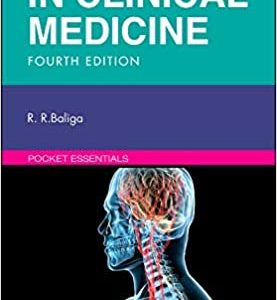
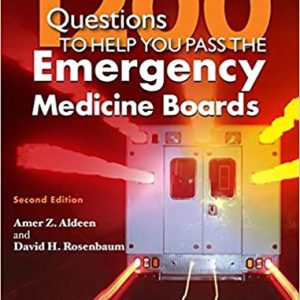
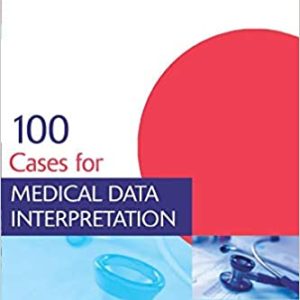
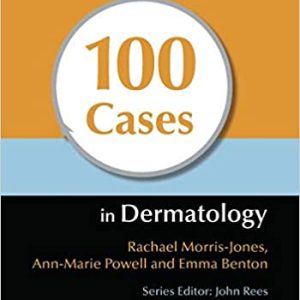
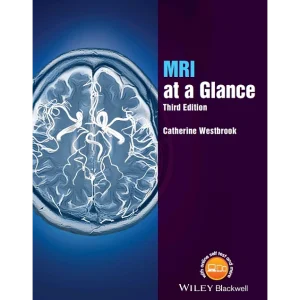
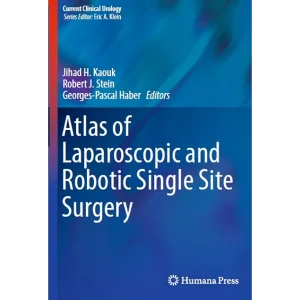


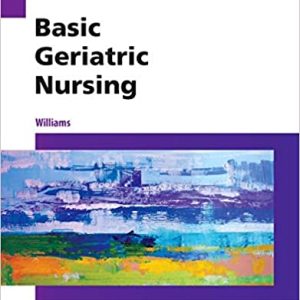


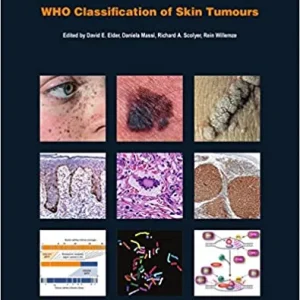

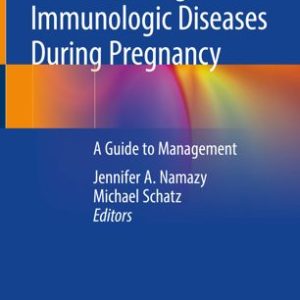
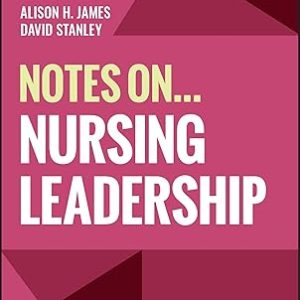


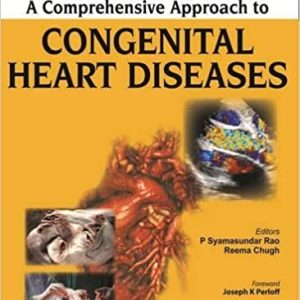

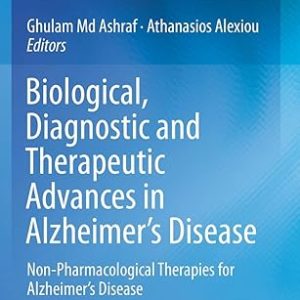
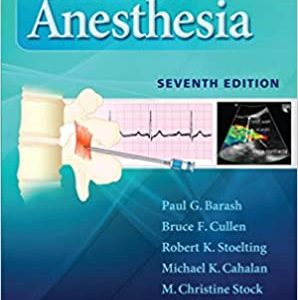

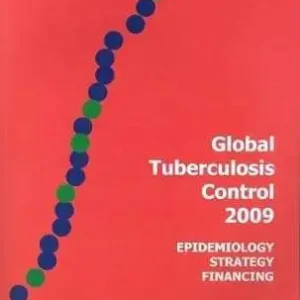
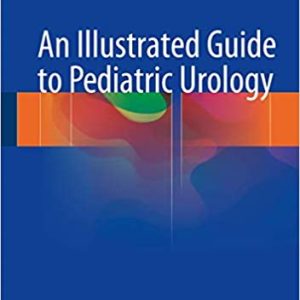

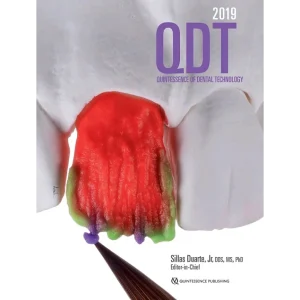


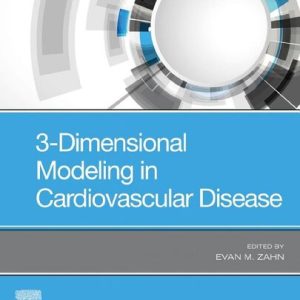
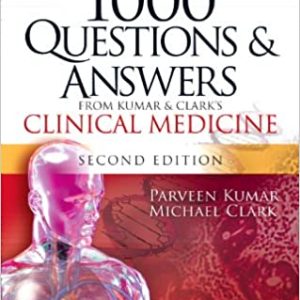
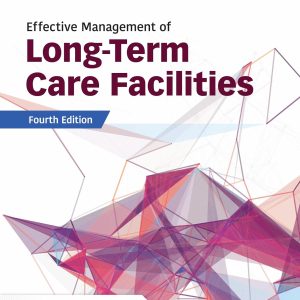

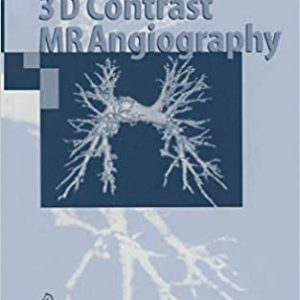
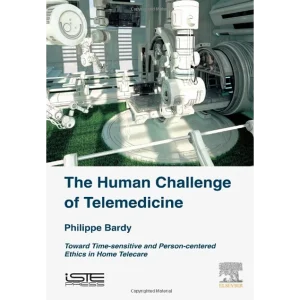


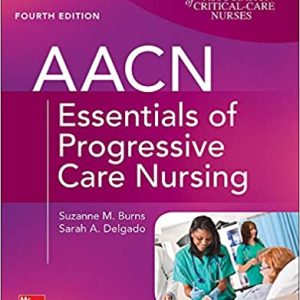
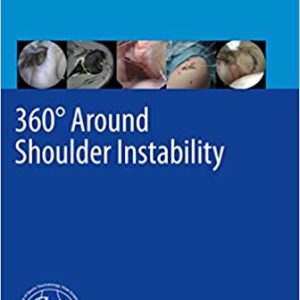

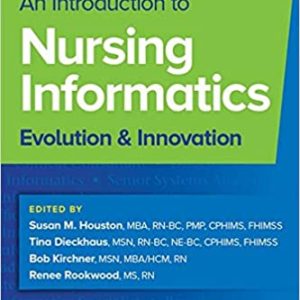
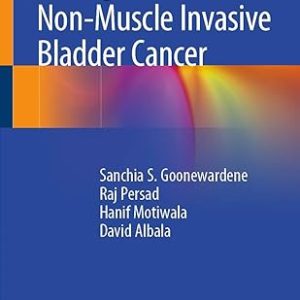
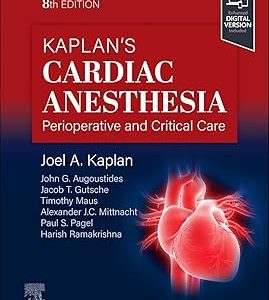

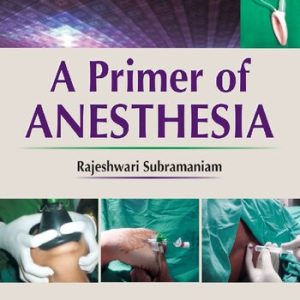


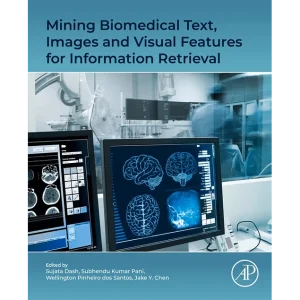
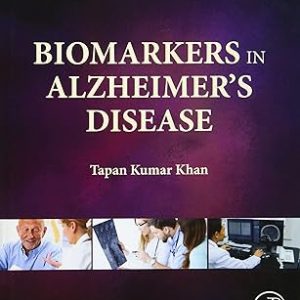

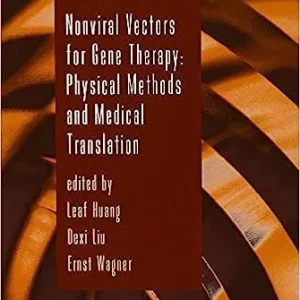
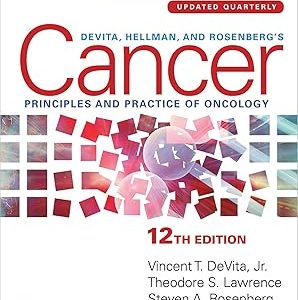
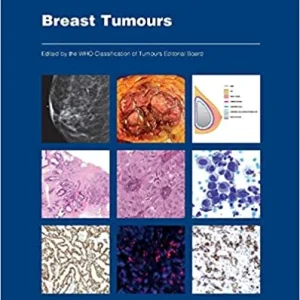

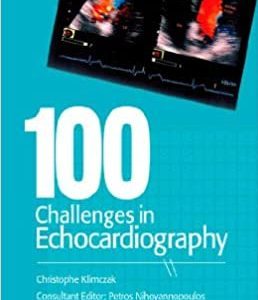
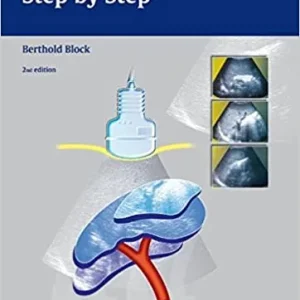

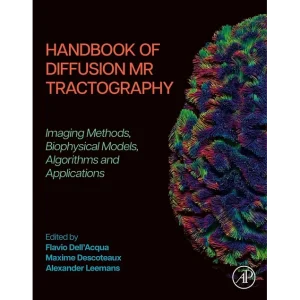
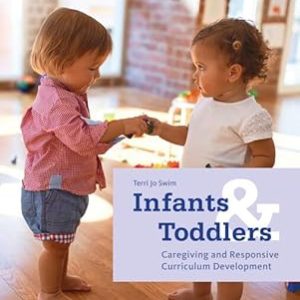
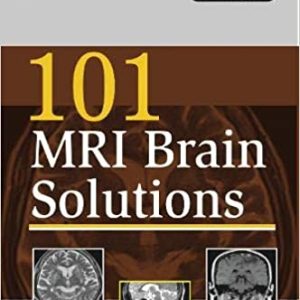
Reviews
There are no reviews yet.